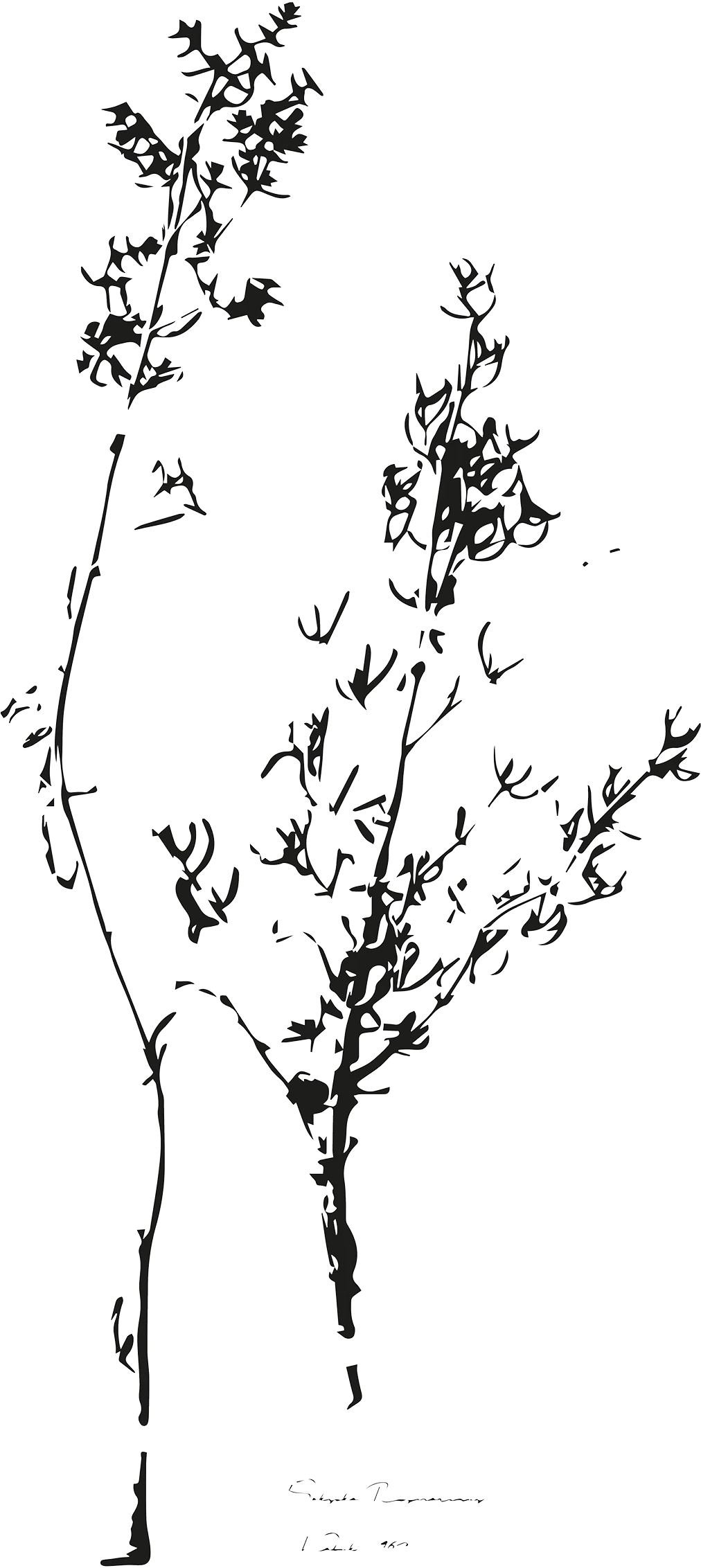Kabul’s Forgotten Legends | Shabnam Nasimi
The Kabul you haven’t heard of; where storytelling shapes its soul
By Shabnam Nasimi
-
Deep within the ancient city of Kabul, there once was a lake so pure that it reflected the heavens themselves. Hidden in the mist, the "Island of Happiness" lay in the centre, home to a family of musicians whose songs brought eternal joy to anyone who listened. But the island was a mystery—reachable only by a bridge made of straw woven so delicately that it vanished in the light. Legend claims that it was a king who ordered the bridge’s construction, and thus Kabul was named: Kah (straw) and pul (bridge) in Persian. It was a city born from myth, where the mystical and the mundane came together and inspired stories that echoed through the ages.
Over the course of 3,500 years, Kabul has danced between the realms of legend and history, its story whispered in every dark corner of the city. But the Kabul that emerges from the layers of myth is much more than a city of fable—it was, and still is, a place of enduring importance to our world. It has stood at the crossroads of great ancient empires, witnessing the rise and fall of power and culture; a city of stories which has shaped entire civilisations.
In the Hindu Rigveda (circa 1500 BCE), Kabul was known as Kubha, a sacred river settlement in the vast Indo-Aryan landscape. The Avesta, the Zoroastrian scriptures, called it Vaekereta, a city that lay at the heart of the ancient Persian world. Kabul rested in a valley between the high Hindu Kush mountains, a place where cultures and ideas came together. It was a key point along the trade routes of the ancient world, connecting India, Persia, and Central Asia.
By the time the Achaemenid Empire came to dominate the region under Cyrus the Great (6th century BCE), Kabul was a thriving centre of Zoroastrian learning and commerce. An inscription on Darius the Great’s tombstone lists Kabul as one of the 29 countries under Persian rule. But Kabul was a place where the worldly and the sacred blended, its streets filled with merchants, priests, scholars, and adventurers. One could hear Zoroastrian priests chanting prayers by sacred fires, whilst ancient Vedic hymns of wandering sages drifted throughout the valley.
Kabul's significance only grew when Alexander the Great marched into the region after conquering Persia in 330 BCE. The city, known to the Greeks as Kabura or Ortospana (“High Place”), became a significant part of Alexander’s empire. But even under Greek rule, Kabul remained a place that rose above any single culture. The Greeks left their mark in the form of Hellenistic architecture, yet the city absorbed these influences, folding them into its already rich cultural identity.
Kabul, ever adaptable, was both Greek and Persian, both Eastern and Western—a bridge between worlds.
As Mawlana Rumi Balkhi, a soul deeply connected to this land, once said: “I am not of the East, nor of the West... I belong to the beloved.” In this city of many faces, Kabul has always belonged to everyone and no one, a place where cultures meet and hearts find their way home.
Centuries passed, yet Kabul remained at the centre of shifting empires—the Kushans, the Sassanids, and later, the Muslim conquests. One of the most romantic eras of Kabul’s history began with Babur, the founder of the Mughal Empire. Babur loved Kabul with such devotion that he made the city the Mughal capital in 1504. His affinity for Kabul is immortalised in Baburnama, his memoirs. He wrote: "The air of Kabul is so pleasant and its weather so moderate that no other place is comparable to it.”
Babur had a spiritual connection to Kabul, one which went beyond the city’s physical beauty. He built gardens throughout the city—including the Bagh-e Babur—which he saw as earthly reflections of paradise. Babur would often retreat to these gardens, seeking out peace amidst Kabul's turbulent political climate. It is said that once he climbed a hill overlooking the city, gazing down at the valley and declaring that this was where he wished to be buried. True to his word, Babur's remains were brought back to Kabul after his death in Agra, India (c. 1530AD), and the ruler was laid to rest in his beloved garden.
For Babur, Kabul was more than just a political capital; it was the place where his soul found peace. He had come to the city after years of wandering, defeated and exiled from his ancestral lands in Fergana Valley (a region in Central Asia now divided among Uzbekistan, Tajikistan, and Kyrgyzstan). Kabul was a city of refuge for him, where he could rebuild, reimagine, and eventually launch his conquest of India, establishing one of the greatest empires in history. The Mughal Empire, which would span centuries and reshape the Indian subcontinent, began here, in the gardens, mountains, and streets of Kabul.
Yet despite this period of Mughal grandeur, Kabul remained a city of contradiction. It has always been a place of fierce independence, where rulers could never fully rest. Its people were known for their defiance, refusing to bow to any foreign power for long. The city's walls, both literal and metaphorical, have always been high — its spirit unbreakable.
Kabul’s story is more than conquests and empires. It is a city that has birthed legends, inspiring poets and scholars.
It was here, in the realm of myth, that Rudaba, the princess of Kabul, met the Persian hero Zal. Their love story is immortalised in the Shahnameh, the Persian epic by Ferdowsi, and is one of defiance and destiny. The city’s walls are not just reduced to mere setting features in the Shahnameh — they are characters in their own right, standing witness to a romance which transcends politics and history. In the Shahnameh, Rudaba is a central figure of extraordinary beauty and strength. She falls in love with Zal, whose snow white hair symbolises his extraordinary origins, having been raised by the Simurgh, a mythical bird representing wisdom. However, their love is forbidden due to their conflicting backgrounds: Rudaba comes from Kabul, linked to a darker lineage through her ancestor, the evil king Zahhak, while Zal is of Persian royal blood. Despite this, their love endures. In one of the epic’s most iconic scenes, Zal climbs the walls of Kabul to unite with Rudaba, defying expectations and going on to become the parents of Rostam, one of Persia’s greatest heroes.
Yet the myth’s significance extends beyond the two heroes. The Simurgh, Zal’s guardian, is said to have had a palace high in the mountains surrounding Kabul. Depicted as a creature of immense power and knowledge, the mythological bird protected the region from evil forces, preserving the city as a place of refuge and spiritual significance.
Kabul has always stood between the sacred and the profane, the real and the imagined.
Today, it is identified by its modern struggles as the capital city of Afghanistan. But the Kabul of the past—the Kabul of Babur’s gardens, of Rudaba’s love, of the “Island of Happiness”—still exists, if only in the stories we tell about it. These stories remind us that Kabul is more than just a city; it is a symbol of resilience and beauty.
And as long as we continue to tell them, its spirit will never fade.
-
Shabnam Nasimi is the co-founder of FAWN (Friends of Afghan Women Network). She served as a senior policy advisor to the UK Minister for Refugees and Minister for Afghan Resettlement. She is a writer, commentator and a human rights advocate.






